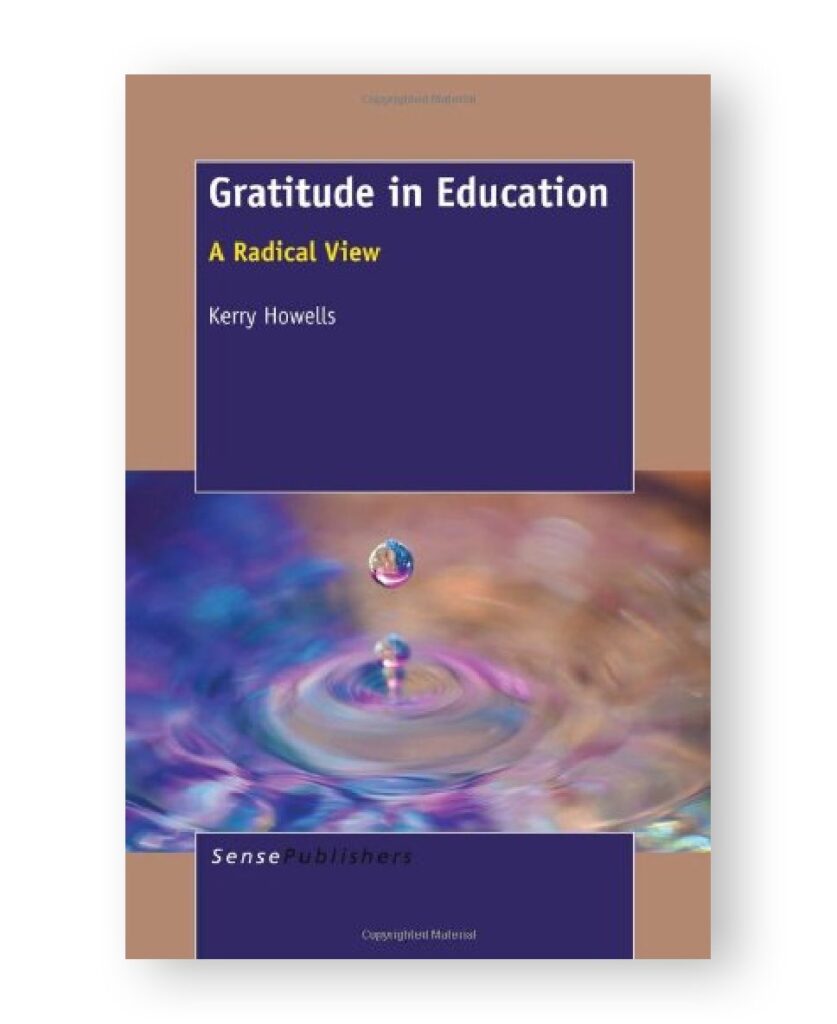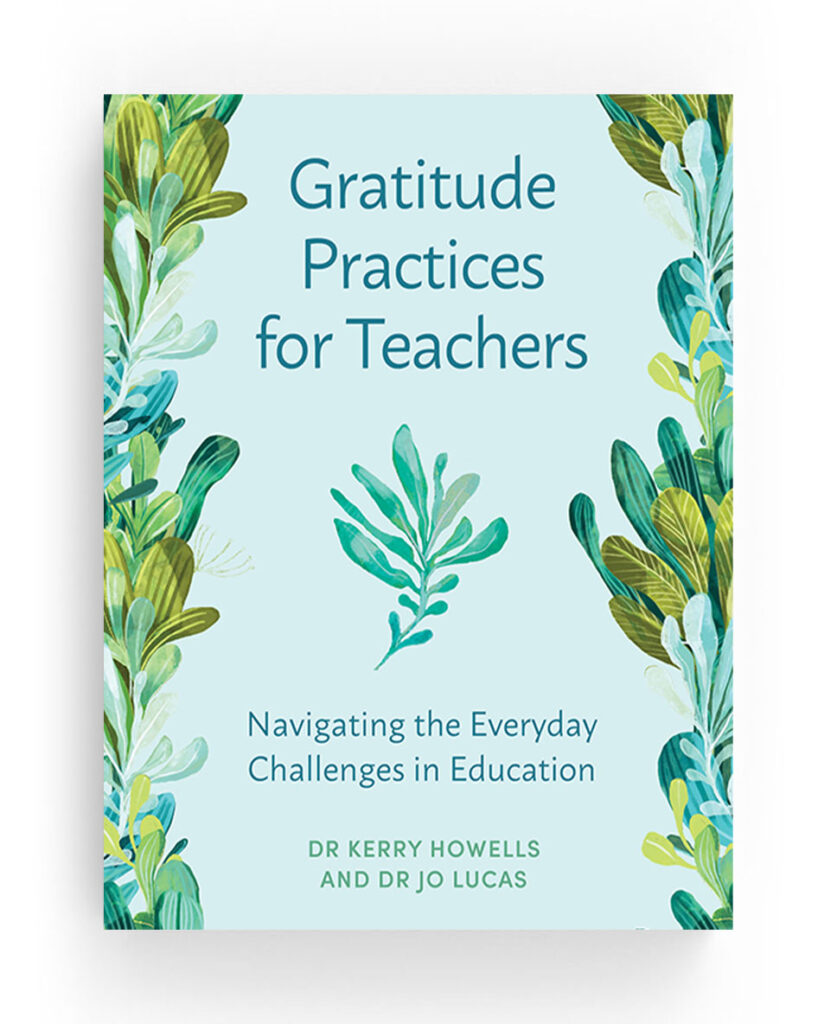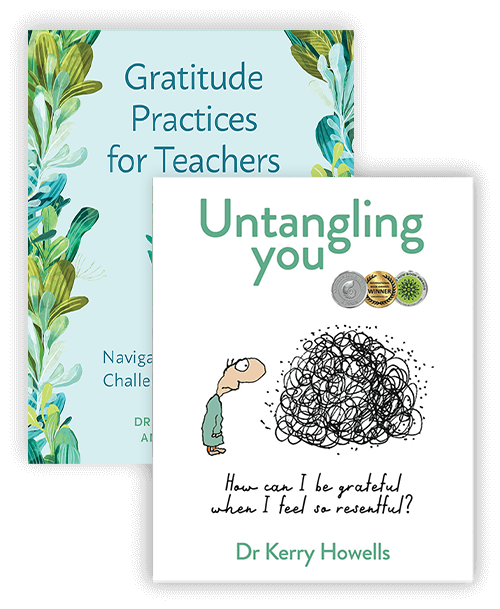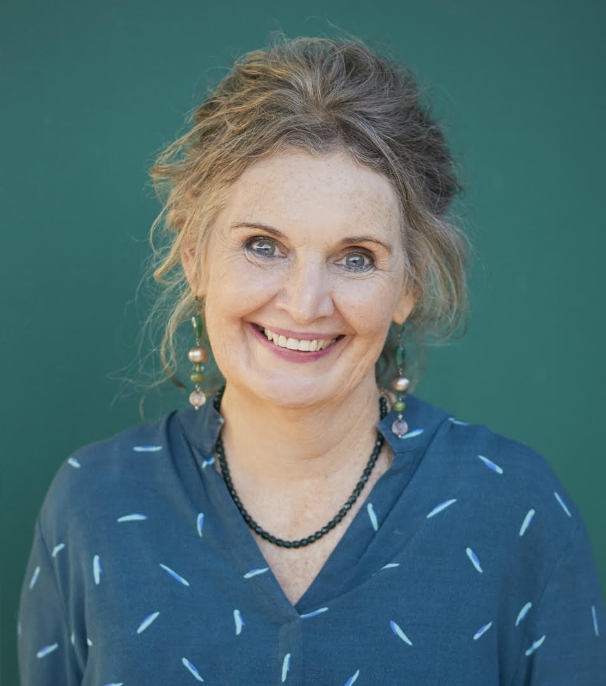Untangling you: How can I be grateful when I feel so resentful?
This book explores the interplay between gratitude and resentment to help us untangle difficult relationships and to live a more fulfilling and creative life.
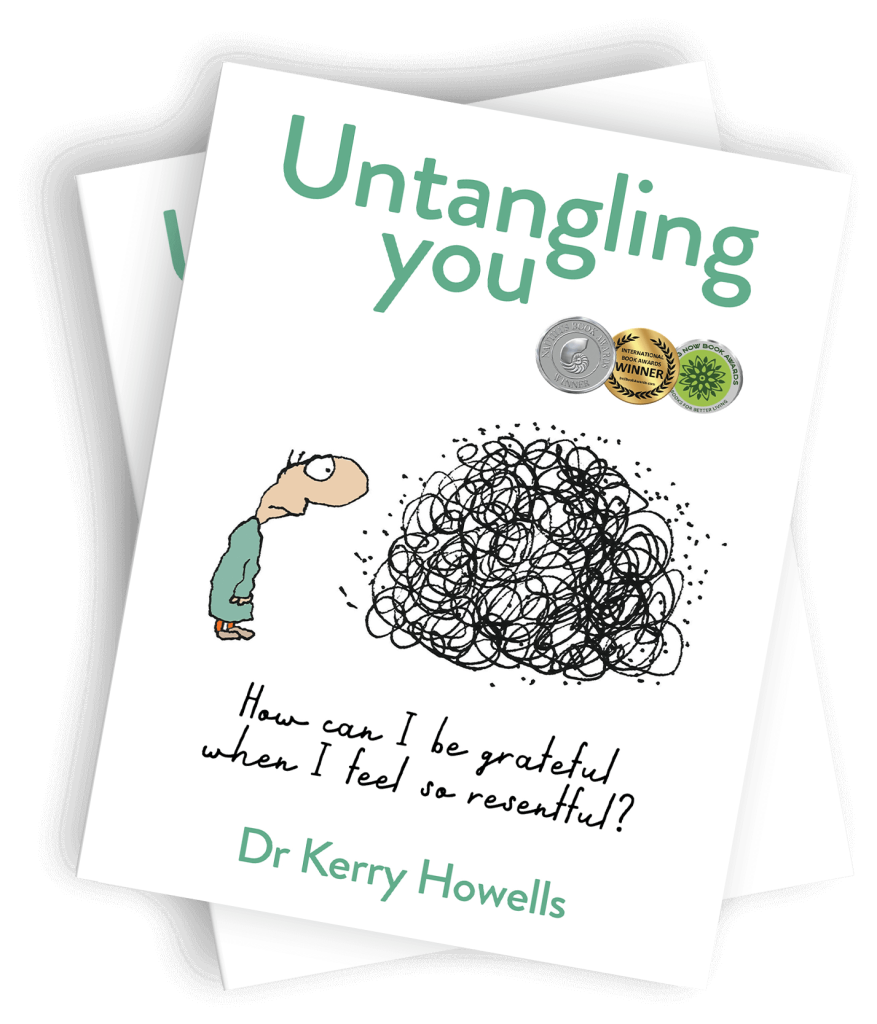
‘A must-read for anybody who has dealt with conflict in their life, whether personal or professional. The reader will discover the often-misunderstood power of gratitude and the role it can play in allowing us to lead a heathy and happier life.’
Book Summary
We’ve all experienced resentment. We’ve all said “How could they?” out loud or to ourselves, sometimes over and over again.
Does the shock and hurt you have experienced from being belittled or let down dominate your thinking and keep you awake at night? No matter how much you try to let it go, to be kind, to be the ‘bigger person’, do you feel defeated because the pain is too great, or because it feels as if you are letting the other person off the hook? Trying to practise gratitude in this situation can feel unreasonable or impossible.
So, how can you possibly feel grateful when you feel the exact opposite: resentful?
Untangling you: How can I be grateful when I feel so resentful? provides practical strategies for gradually untangling difficult relationships and moving from resentment towards gratitude. Through the examples of ‘everyday resentments’ – embittered parents or in-laws; disappointment arising from not being selected; ageism in the workplace; sibling rivalry; self-resentment; entrenched resentment from others; crippling fear at even the thought of speaking directly about your resentment; and cross-cultural complexities – you will gain some insights, tools and strategies to enable you to address the resentments you are holding onto.
If you want to improve your wellbeing, grow your resilience, enhance your relationships, lead a more creative life, have a greater sense of meaning and connectedness, take action now. Untangling you will help you on this journey, whether you are a leader, coach, parent, teacher, people manager, mentor, health professional, or just someone who wants to grow their character and self-efficacy.
Why I wrote Untangling you
Why did I write Untangling you: How can I be grateful when I feel so resentful? In nearly all of the discussions I have had about gratitude over the past few decades, around the globe, with thousands of people from diverse walks of life, a theme has consistently revealed itself: “how can I be grateful when I feel so resentful?” I wrote this book to try to answer this question. So much has been written about the benefits of gratitude but not much about how to access gratitude when it is difficult to do so. The gratitude practices I offer in this book aim to guide the reader when they are facing difficult relationships and gratitude seems the least likely response.
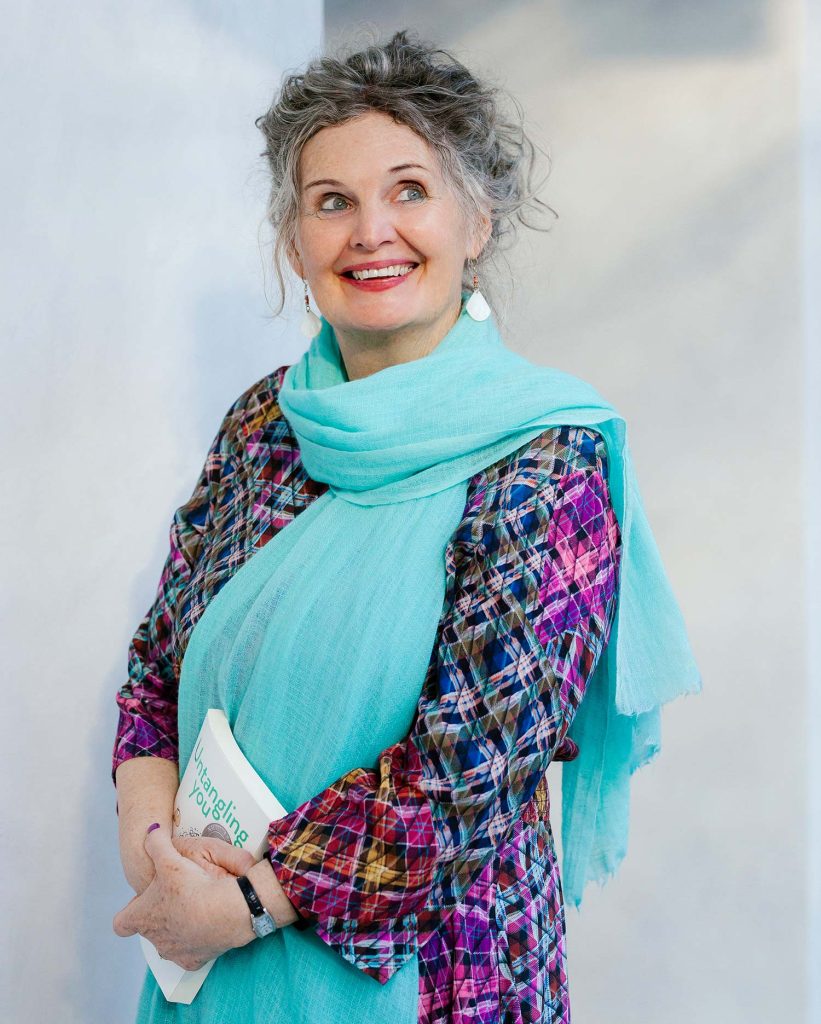
Book Endorsements
Book Club
Want to go deeper with this book by joining a book club with Kerry?
Who is book club for?
Book club is an opportunity to read and reflect both individually and as a group. It’s for anyone who wants to dive deeply into the meaning of gratitude and its relevance for their personal and professional life. This includes leaders, educators, health workers and other professionals, parents, researchers, academics and gratitude enthusiasts.
Why participate in book club?
To grow your capacity for:
- Enhanced ability to lead/educate/parent/learn with gratitude
- Deeper connection with others who are searching for new ways of being and doing
- Greater self-awareness and skill around the way you express and receive gratitude and the potential of this to create flourishing relationships
- Deeper understanding of the many dimensions of gratitude and how they grow resilience and wellbeing
- Implementing gratitude practices that are accessible, authentic and meaningful
- Addressing resentment in ways that enable gratitude to be more easily and sincerely expressed
- Character growth through practising gratitude when going through adversity
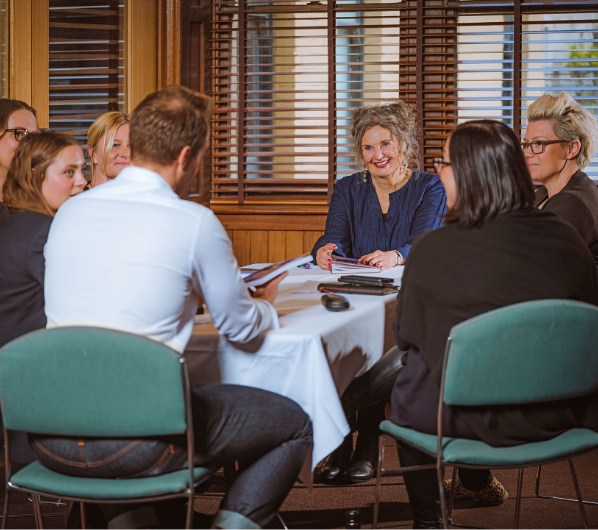
“Book club has exposed me to different approaches to the practice of gratitude at both a personal and communal level. I also found it to be a supportive environment to share my experiences, concerns, failures and triumphs.”
